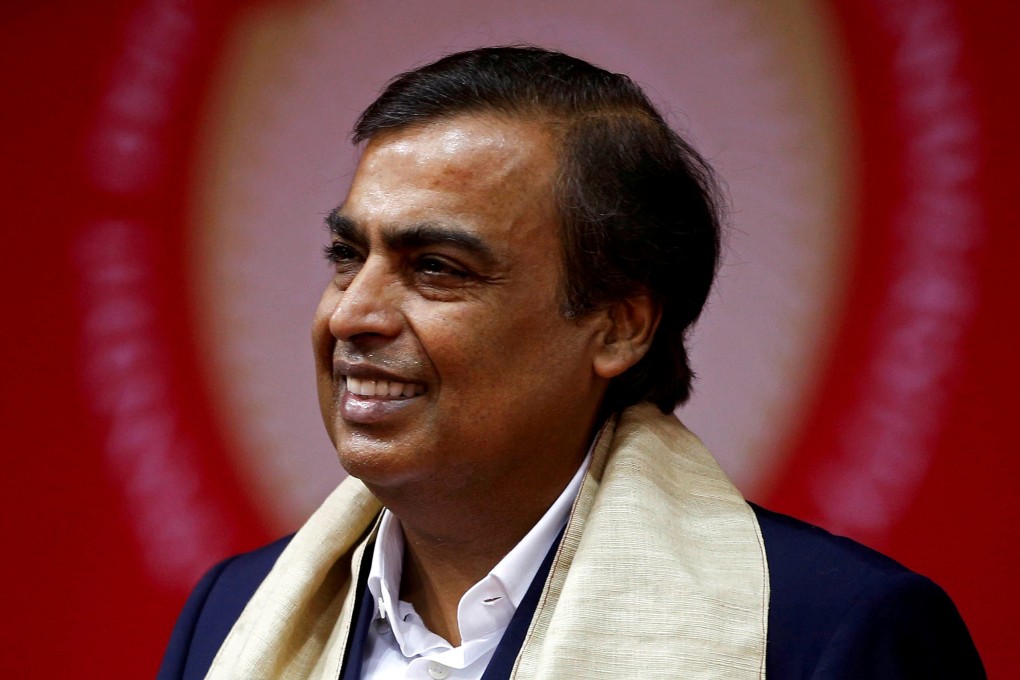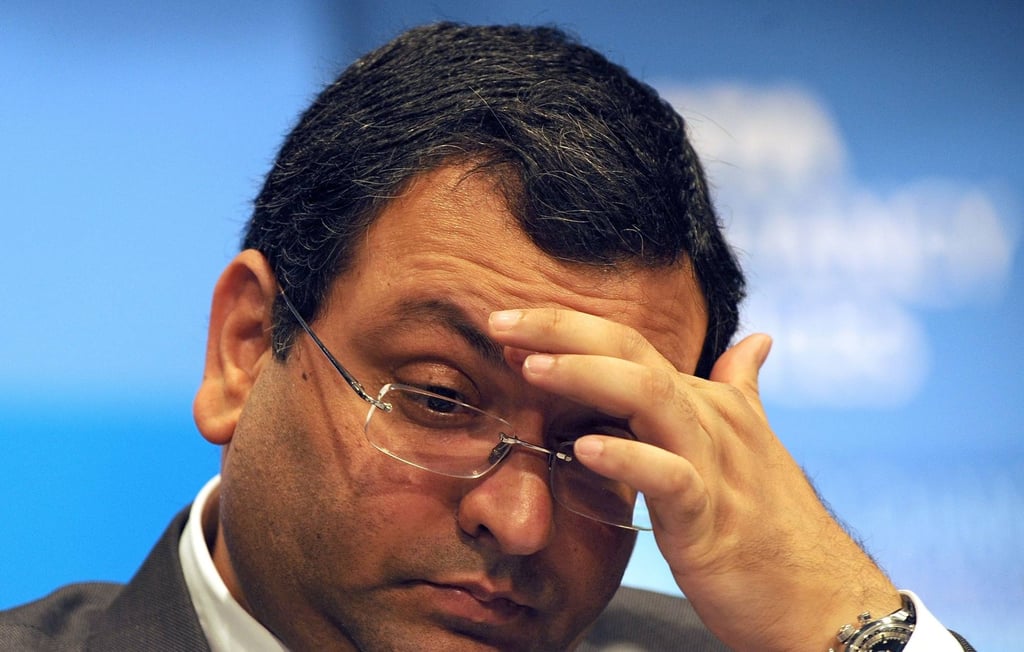Ambani, Tata, Hinduja: how India’s family-run business empires battle over their billions
- From Mukesh Ambani’s falling-out with his brother Anil to the recently settled Tata dispute, India is no stranger to rancorous legal battles between family members
- A lack of succession planning is often to blame, observers say, in a country that ranks third globally for family-owned businesses

Last month saw the culmination of one of India’s ugliest courtroom dramas that pitted billionaire industrialist Ratan Tata, 83, against his relative and former protégé Cyrus Mistry, the erstwhile executive chairman of the US$106 billion salt-to-software Tata group.
Mistry was ousted from his post in 2016 after a four-year stint – but instead of exiting quietly, the 52-year-old decided to drag his mentor to court, claiming unfair dismissal. The Supreme Court, however, backed the removal of Mistry and ruled last month that his ousting for lacklustre performance was legal.

The verdict created national news, as millions of Indians sat glued to their television sets following the twists and turns of the Tata vs Mistry saga, which dragged on for years. Analysts weighed in with their opinions while most observers simply heaved a sigh of relief once the dispute, which had brought unwanted global attention to India Inc, came to a close.
Family feuds between some of India’s other illustrious business families have been no less rancorous. The country ranks third globally for family-owned businesses, with 111 companies that had a total market capitalisation of US$839 billion in 2018, according to Credit Suisse Research Institute.
Perhaps the most high profile case was that of India’s richest man, Mukesh Ambani – net worth US$91 billion as managing director of Reliance Industries – and his younger brother Anil, chairman of the Reliance ADA Group with a net worth of US$79 million.